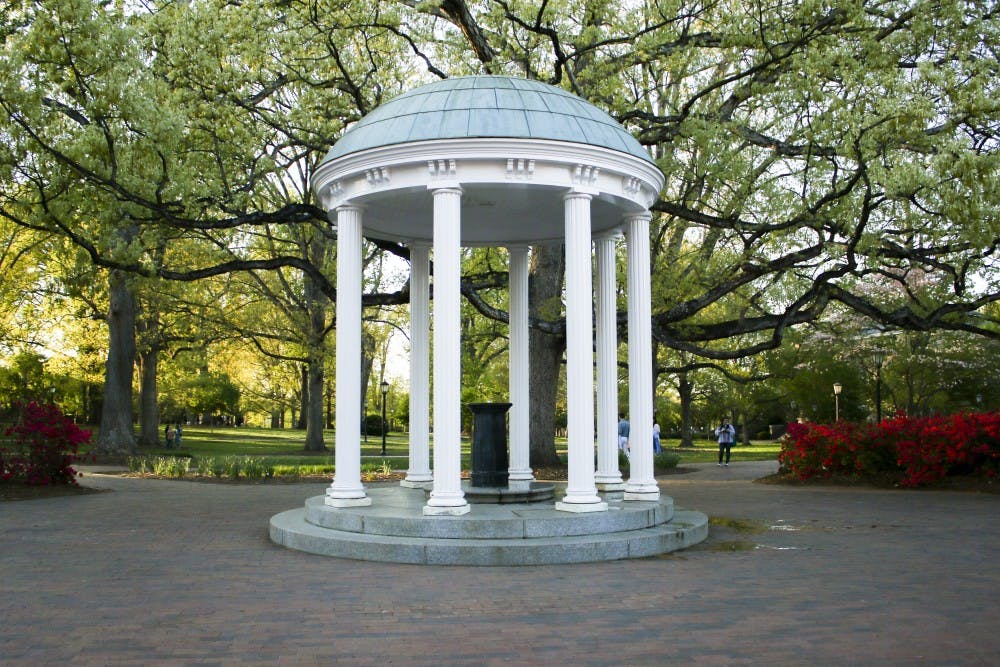As low-income students are still underrepresented at universities across the United States, the American Talent Initiative is bringing together universities across the country—including UNC—to make their institutions more accessible for low-income students.
The ATI is a coalition that started in December 2016 between about 100 colleges and universities who have pledged to enroll up to 50,000 additional low and middle income students by 2025.
“Our nation and our economy benefit from cultivating and supporting talented young people from every zip code and income level,” said the mission statement on ATI’s website. “Growing disparities in household income make equal opportunity for all talented Americans one of our nation's most important goals, and ATI seeks to be part of the solution.”
In order for a school to qualify for the ATI partnership, it needs to have a six-year graduation rate of 70 percent or higher. The coalition includes large public universities such as the University of Michigan and smaller liberal arts colleges such as Amherst College.
UNC was one of the ATI's 30 founding partners. Many of the school’s specific goals are outlined in UNC Chancellor Carol Folt's Blueprint for Next plan, which hopes to increase the graduation rate for low-income students by 14.4 percent and the rate for rural students by 9.4 percent by the 2021-22 academic year.
UNC is also one of few elite schools that has implemented a need-blind admissions process, and 93 percent of all distributed financial aid is need-based.
“Because there’s such a diversity in membership, we have the opportunity to make a real difference across the spectrum,” said Elizabeth Davidson Pisacreta, a senior researcher at Ithaka S + R, a nonprofit research organization aiming to improve higher education access. “Every institution is doing this work in a way that makes sense for them.”
Ithaka S + R also collaborates with The Aspen Institute and Bloomberg Philanthropies as part of the ATI’s steering committee. These organizations work together to focus on member engagement, collect and present research data and communicate goals.
One of the biggest tasks for schools that are members of the ATI is to set specific achievement goals, Davidson Pisacreta said. Every school will do this according to the context of their own institution. Public flagship universities, for example, will need to recruit differently than a small liberal arts college. Administrators of different schools within the ATI have been able to collaborate and discuss strategies they may want to implement at their own institution.



